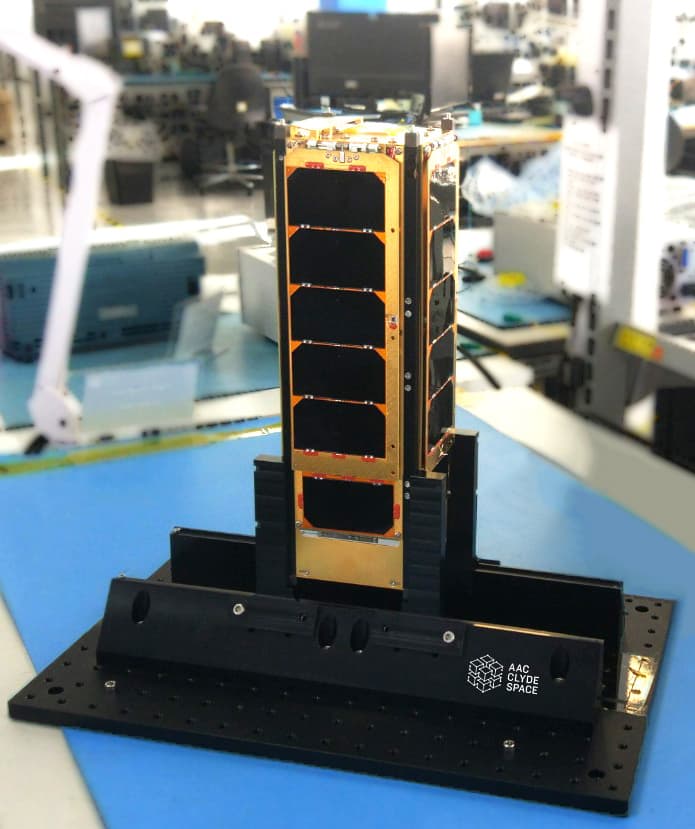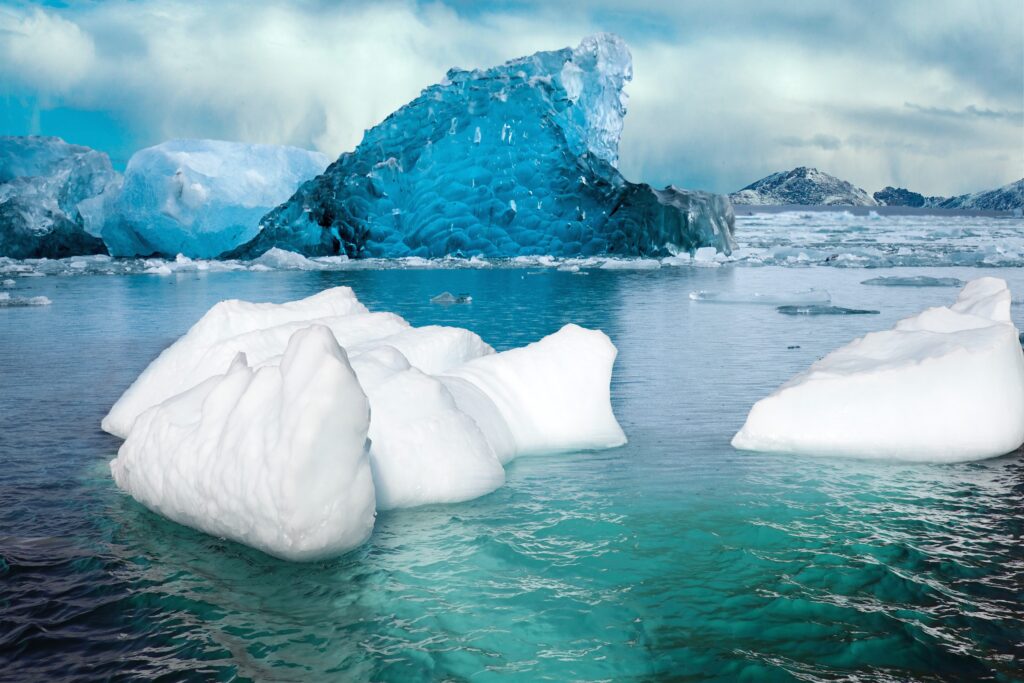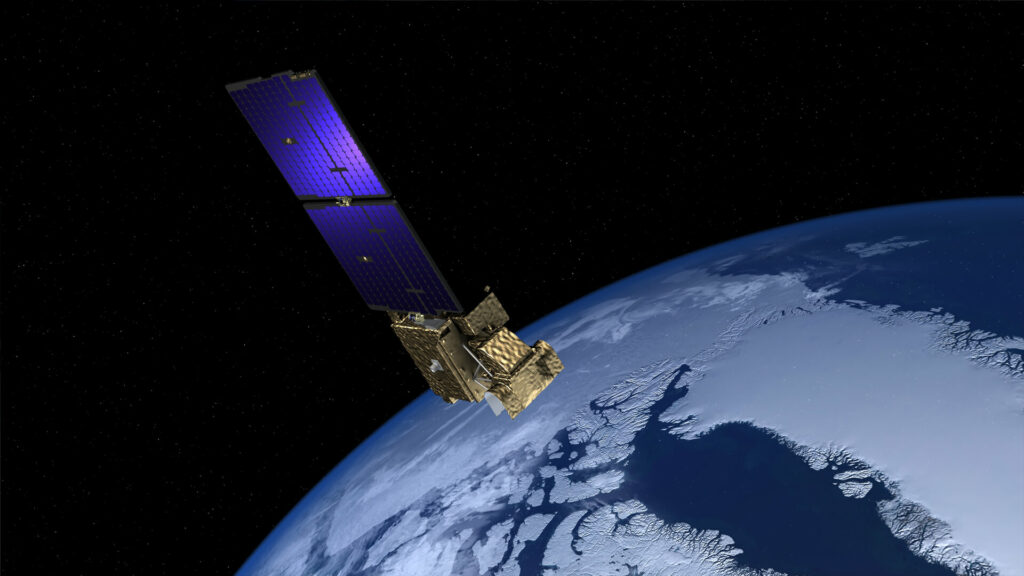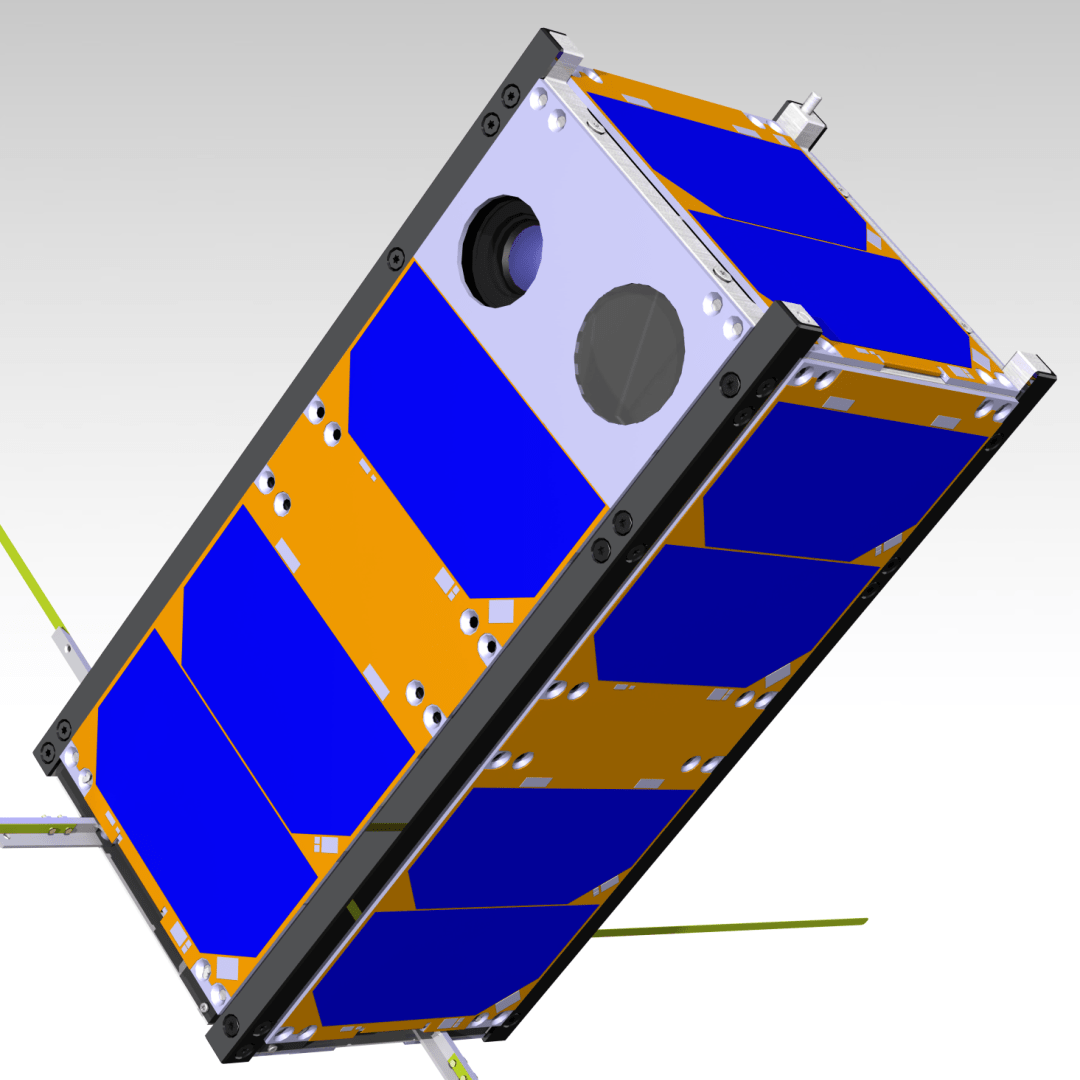
AAC Hyperion is sponsoring the ‘Leonardo da Vinci’ mission
The Delft University of Technology students are elevating education through their very own Da Vinci Satellite project. Aiming to inspire and engage the youth on the importance of space travel and technology, AAC Hyperion, an AAC Clyde Space company, are delighted to be hopping on board for the ride. The Da Vinci Satellite team, led by the Aerospace Engineering Study Association is currently crowdfunding for the satellite launch with the aim to get their satellite to space. The main purpose of the project is to engage and inspire young people from across The Netherlands to get involved in space and all the awesome opportunities that can come from it.
‘To inspire and enthuse the youth of the Netherlands for technology and space travel, while emphasizing the impact of space travel on our society’ – Da Vinci Satellite project
Sponsoring the VSV ‘Leonardo da Vinci’ mission with our superb subsystems
Delft University of Technology is only a stone’s throw away from our Delft premises and in support of aerospace education here in the Netherlands, AAC Hyperion are sponsoring the project. We are sponsoring an integrated Attitude Control System (iACS200) with sun sensors, as well as a payload processor, the CP400.85, for the mission. Thanks to the iACS200, the satellite will have the capability to determine and change its orientation in space and point the instrument towards the desired area of interest. We are delighted to be involved in such a project, whilst our products gain more flight heritage the project will also increase the visibility of the Netherlands space activities.
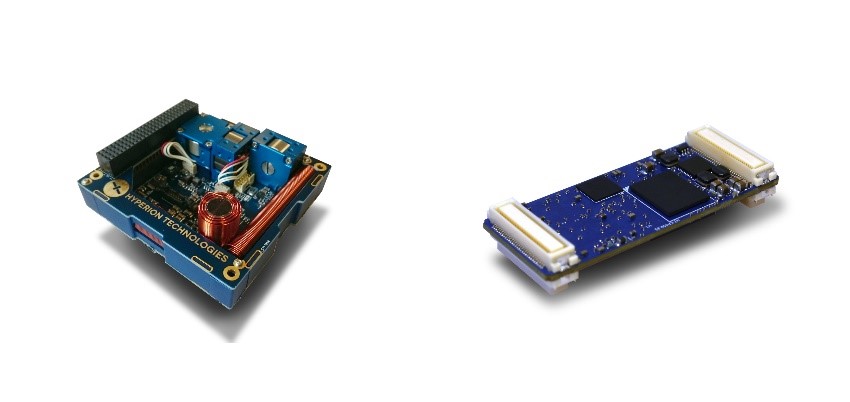
Educating Dutch students one payload at a time
The 2U Da Vinci CubeSat will spend its lifetime orbiting the earth at a height of 300-600 km before de-orbiting itself. The project is currently in its design stage and upon completion of this, they will move into the testing stage where they will see their designs come to life in a physical satellite and aims to be complete during the upcoming year. The two payloads on the satellite will be used by the students in both primary and secondary education involved in the project to understand and look at what happens in space. The first payload, aimed to help primary education, will use a dice payload that can be used to play with dice in space alongside an interactive story that shows what goes on in space, pretty awesome right? The secondary education payload will aim to show the effects of radiation through ‘bit-flips’ and will display how data from satellites can be used for statistic calculations as well as discovering the world of data science.
We are wishing the Da Vinci Satellite team the best of luck with their project and we can’t wait to see the satellite launch, orbit around the earth and give primary and secondary students the opportunity to interact with space travel. You can find more info on small satellites that TU Delft has previously launched here.
Sign up to our newsletters for the latest news, projects and more delivered straight to your inbox
"*" indicates required fields
